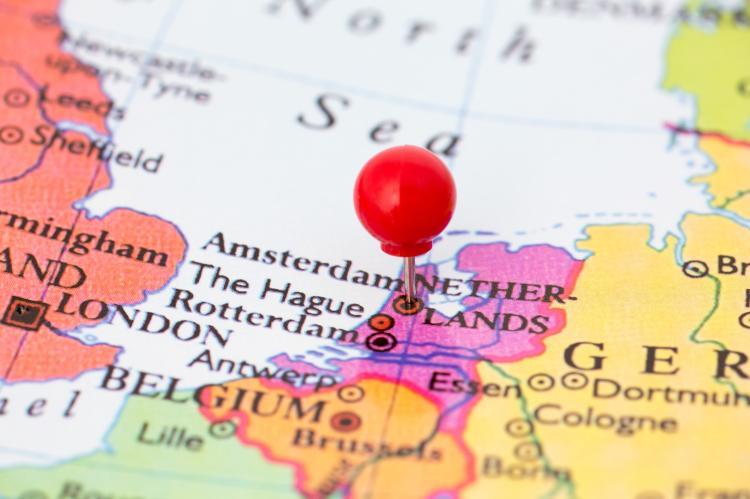Netherlands' First North Sea CO2 Transport and Storage Project Gets Green Light

Netherland’s Council of State, on August 16, 2022, approved the ecological assessment of the Porthos project, marking a crucial milestone for the Netherlands' maiden major CO2 transport and storage initiative.
The Council of State's evaluation has determined that the Porthos project's nitrogen deposition will not substantially impact the nearby natural areas following a thorough ecological study, Porthos announced last week.
According to the announcement, the project has received a positive ruling, enabling it to progress. The Porthos consortium is finalizing the investment decision, with plans to commence construction in early 2024.
The innovative strategy of storing carbon dioxide within vacant gas fields beneath the North Sea's seabed offers an efficient and cost-effective means of temporarily mitigating CO2 emissions. The Porthos initiative is poised to play a pivotal role by capturing and permanently storing 2.5 million tonnes of CO2 annually.
This initiative is important to the industrial sector as it aligns with Dutch climate objectives. Concurrently, industries are actively transitioning toward sustainable practices, leveraging renewable energy sources and raw materials.
The construction timeline for the Porthos system is estimated to span two years, paving the way for operational readiness by 2026. The project's overarching goal is to substantially reduce atmospheric CO2 levels while remaining economically viable in the short term.
This pioneering project is a testament to the Netherlands' commitment to advancing environmental sustainability and tackling climate change challenges head-on.
